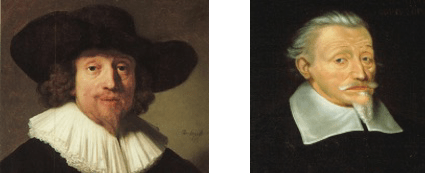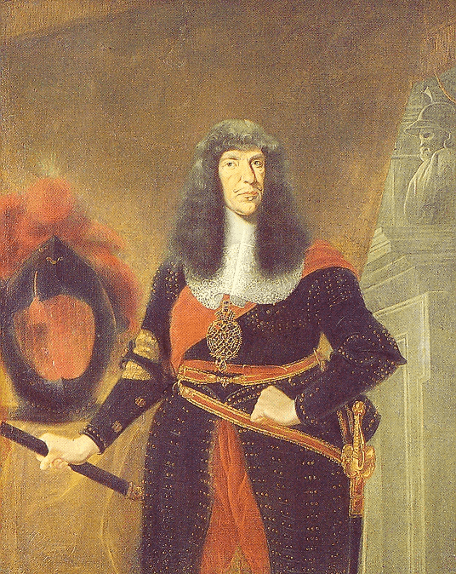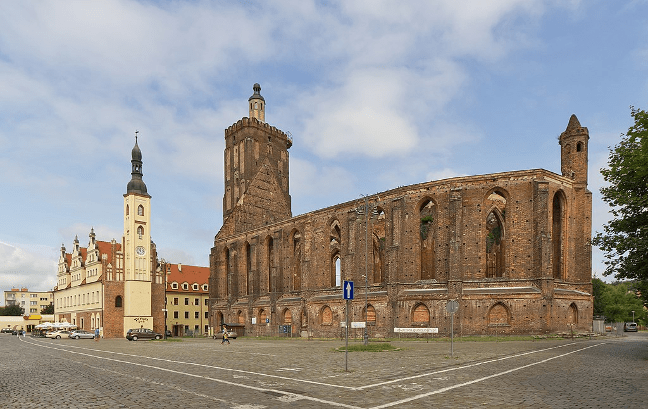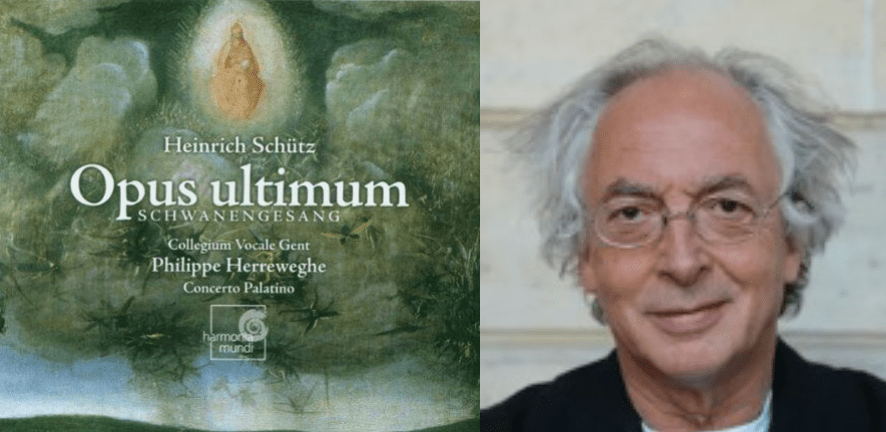Heinrich Schutz and Psalm 119
My little Gnudren,
Old Gnu, in times past, was obsessed with the Psalms and on sundry and numerous occasions the congregation and the choir were variously tortured by 40 or more of his settings. Some were experiences of an unfortunate nature and were discarded after the first airing. This was as a result of alleged injury to congregation members. He did write another 43 which never saw the light of day. This was probably because their length might reduce the congregation into an unconscious trance like state, or possibly to being slain in the Spirit. Old Gnu believed in setting the whole Psalm and not just a favourite verse or two, as is the manner of some. Consequently, the settings were long. As the preacher wanted to get in the pulpit before midnight, the Spirit always led us to sing the shorter Psalms. From memory his longest settings were possibly Psalm 34 and Psalm 72.
However, the tempting challenge to set Psalm 119 was strongly resisted. But there is one remarkable and godly man who walked this earth who rose to the challenge of setting the whole of Psalm 119 to music. His name is, Herr Heinrich Schutz. He lived to the ripe old age of 87 [1585 – 1672] and admittedly, he left it to the last minute.

Herr Heinrich was an assiduous and prolific composer. He spent time [1609-1612] studying with Giovanni Gabrieli in Venice and his most famous successor Claudio Monteverdi [1628]. The Humbilious Herr Heinrich seems to have been prepared to learn from others.
Anyway, at the age of 60, he asked his boss, Johann Georg I, Elector of Saxony, if he could retire. He wanted to spend the remainder of his life at Weissenfels and complete a number of musical works he had begun. Elector Johann Georg I refused his request.

Nearly 6 years later Herr Heinrich [aged 66] asked again if he could retire. The Elector ignored this and subsequent requests. Did he mean to work poor Heinrich to death? However, relief was on the way for Herr Heinrich, though a long time coming. In 1656, [when he was nearly 71 and still working], death killed His Majesty Johann Georg I, Elector of Saxony of The Holy Roman Empire. Elector Johann Georg II let him retire with immediate effect on a goodly pension.

Herr Heinrich obliged by still providing some nice music for special occasions. Kind Herr Heinrich! Now comes the interesting and challenging bit. What do you do when you retire?
Well, after he retired, Herr Heinrich composed a St. Matthew Passion, St. Luke Passion and a St. John Passion. All these works weigh in at between 52 minutes to an hour’s duration. Admittedly they are only for a chorus punctuation with plainsong. He also wrote ‘The Christmas Story’ (Historia der Geburt Jesu Christi). This is a wonderful 35 minute work for soloists, chorus and a strings, organ, harpsichord, fagotto, and a couple of brass instruments.
And there were other works: a Magnificat, a setting of Psalm 100. But the crowning work came when at the age of 86, [in 1670/1] Herr Heinrich set himself the task of setting all 176 verses of Psalm 119 to music in 11 consecutive motets for double choir. This was his last work. It seems that he did this rather in the manner that our great father in God, Johnann Sebastian, put together the B minor Mass. Heinrich seemed little concerned about the dissemination or performance of the work in its entirety. He had part books made with the dedication on the title page to his patron. Setting the Psalm was something he just had to do. He died of a stroke in 1672 at the age of 87. It is fairly certain that this work was not performed in his lifetime, nor for 300 years afterwards. His patron, Elector Johann Georg II, had converted to Catholicism, and Heinrich smacked of Lutheranism. And, though Heinrich in his youth was a ‘father of modern music’, tastes had changed by the time he was 87, and everyone was singing new sorts of warship songs.
What happened next? Well, the work got lost, although its existence was known from other old records. Two hundred and thirty years later, a pastor in the town of Guben was having a clear out in his church.

By all accounts the pastor had a mighty clear out.
It seems that he blew the windows out and took the roof off.
While clearing out and tidying up the church’s accumulation of old music, he came across 6 manuscript ‘part’ books. These contained motets for double choir by one Heinrich Schutz. Two part books were missing. But another stroke of luck occurred in 1930. Enter Herr Sefan Sweig. He is a fascinating man of many parts; philosopher, historian, writer on literary figures including Balzac, Dickens, Dostoevsky, friend of Sigmund Freud and other eminent people. Are not all his deeds and abilities recorded in the Chronicles of Mr. Waki Pedia? He also had a nose for old manuscripts.

Hearken again to Mr. Waki Pedia: “Zweig was a passionate collector of manuscripts. There are important Zweig collections at the British Library, at the State University of New York at Fredonia and at the National Library of Israel.” * [ see footnote]
Yep, the good Herr Stefan spotted the lost continuo part of Herr Heinrich’s Psalm 119 lurking somewhere in the Antiquarian Book business.
With the continuo part book and the other 6, it would be perfectly possible to reconstruct the two missing parts. But then the 6-part books from Guben disappeared as suddenly as they had appeared. But enter Professor Wolfram Steude: in the 1970s he traced the 6-part books and we were back in business again. Finally, the work was performed for the first time more than 300 years after it was written.

[sorry he is fuzzy]
And behold, in 2007, Herr Herreweghe and the Collegium Vocale Gent produced a fabulous recording:

He is also credited with writing the first opera in German. And don’t run away with the idea that Brahms wrote the first ‘German’ Requiem. Herr Heinrich did that. Brahms is thought to have been aware of the work though not familiar with it, even though the contents are similar. The challenge of Herr Heinrich’s life is: what will you do my little Gnudren when you retire? And, not to put too fine a point on it, some of you are getting rather ancient. Old Gnu is nearly a hundred.
Vetus Pater Gnu
Musicorum et Theologia
Turris LA
XXXI Mensis Iulii MMXXI
* More about Herr Stefan Sweig from Mr. Waki Pedia:
“The British Library’s Stefan Zweig Collection was donated to the library by his heirs in May 1986. It specialises in autograph music manuscripts, including works by Bach, Haydn, Wagner, and Mahler. It has been described as “one of the world’s greatest collections of autograph manuscripts”. One particularly precious item is Mozart’s “Verzeichnüß aller meiner Werke” – that is, the composer’s own handwritten thematic catalogue of his works”
